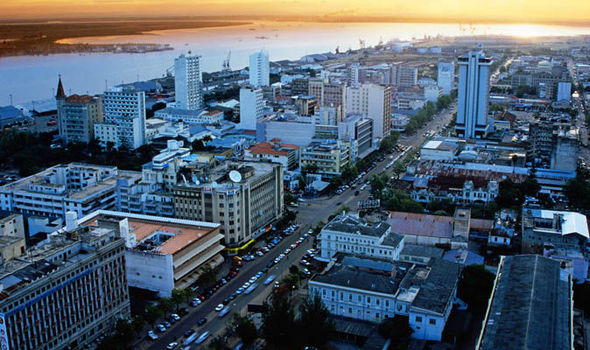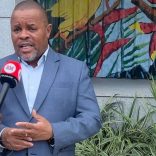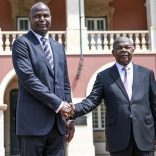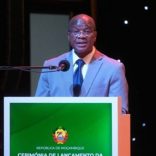COP30: Mozambique calls for greater contribution from most polluting countries
Mozambique: Peace talks proceed in Maputo between obstacles and advances – DW

File photo / A view of Maputo city
There is optimism on an agreement for a cessation of military hostilities in Mozambique, with the government and Renamo Joint Committee delegations charged with preparing a meeting between Filipe Nyusi and Afonso Dhlakama holding separate working sessions last Friday (August 19) to debate, for the second consecutive day, the cease-fire point of the agenda.
The spokesman for the international mediators, Mario Rafaeli, said at the end of the meeting that they were “discussing, discussing, discussing”.
Uncertain climate
But last week ended with an atmosphere of uncertainty over what the delegations understood to have been agreed in relation to the agenda item concerning the requirement of the largest opposition party to rule in the six provinces where it claims to have won in the last elections.

The head of the Renamo delegation, José Manteigas, said that the two parties had agreed to find legal mechanisms for the interim appointment of Renamo provincial governors in the six provinces as soon as possible.
But the head of the government delegation, Jacinto Veloso, said that the two parties had not reached any agreement and that the final decision on the matter would be taken by President Filipe Nyusi and the leader of Renamo, Afonso Dhlakama .
Analyst Fernando Gonçalves told DW Africa that he sees no reason for diverging. “We have all seen what is on the paper. What the document says is that everything has to be done so that, as soon as possible, governors from Renamo are appointed for the six provinces.”
The Joint Commission also agreed to set up a sub-commission to prepare a legislative package that is to come into force before the next elections.

Analyst Alexandre Chiure argues: “The fact that the Joint Commission has decided to review a package of laws implies that it is precisely to accommodate this situation which is being raised by Renamo.”
The package provides for the timely revision of the Constitution, the revision of the law of the state agencies, revision of the law of provincial assemblies, approval of the law of the governing bodies and the law of provincial finances, revision of the law of the bases of organisation and functioning of public administration and the revision of the municipalisation model of all districts.
Electoral package ready in three months
The electoral package is supposed be ready by next November, but Fernando Gonçalves considers that too little time. “There are seven legal instruments, including the Constitution, to be revised, but although there is a sub-commission that will handle it, I think that three months is too little time,” he says.

Negotiations between the government and Renamo have been marked by both advances and apparent setbacks. Analyst Alexandre Chiure considers this normal given the complexity of the subject under consideration.
“What is needed is sufficient discussion to reach an enforceable agreement, an agreement which will then be implemented by both parties with neither party later feeling that it has been misled by the other,” he says.
Increased violence
But as peace negotiations continue, violence escalates. Asked by DW Africa, Chiure said that “This is a Renamo strategy to be in a strong position to demand and win political battles at the negotiating table”.
The two analysts however expect a positive outcome from the negotiations between the government and Renamo and believe they will reach agreement on the termination of military hostilities.
Gonçalves goes as far as saying: “We could even hope that, maybe by the end of this year, a final agreement is reached to end the current situation in Mozambique.”












Leave a Reply
Be the First to Comment!
You must be logged in to post a comment.
You must be logged in to post a comment.